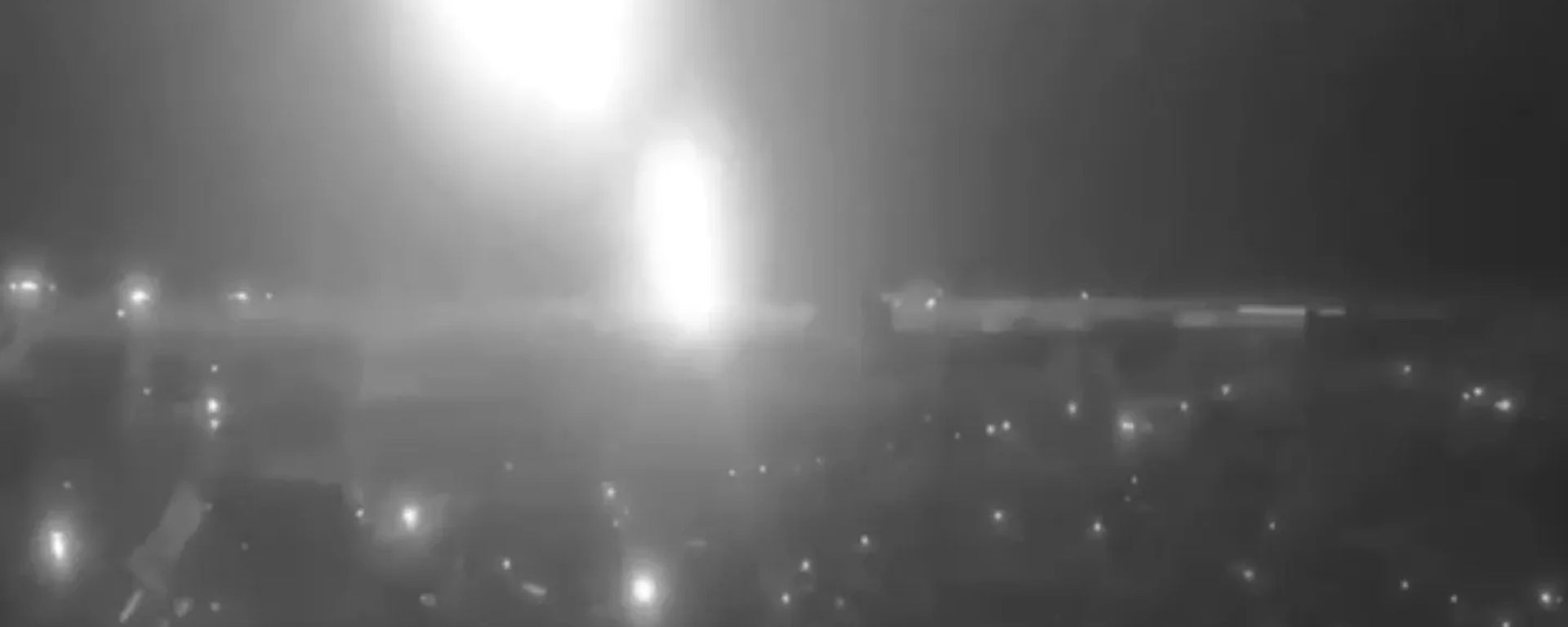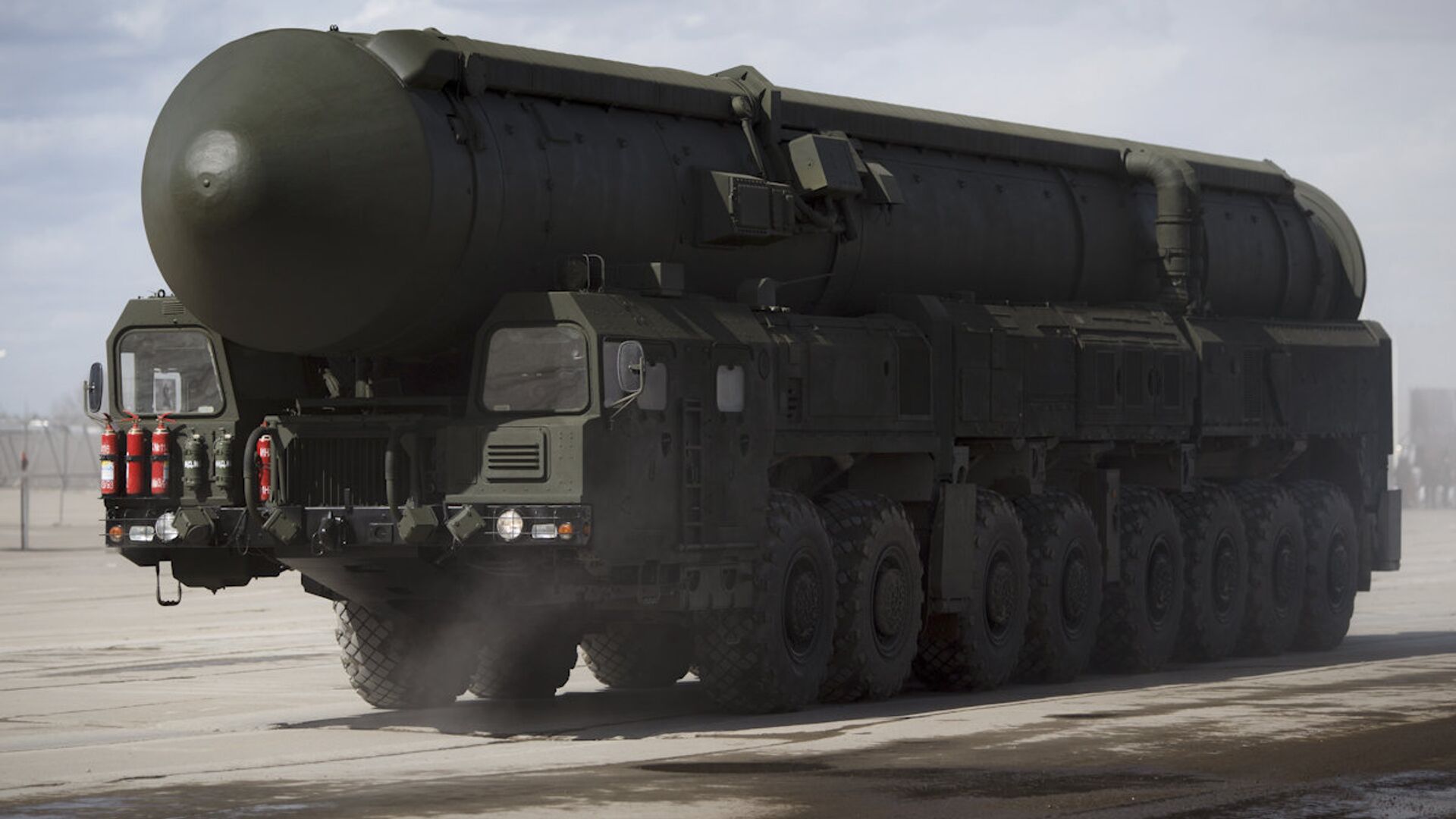https://sputnikglobe.com/20241128/russias-extensive-nuclear-umbrella-now-includes-csto-members-1121031524.html
Russia’s Extensive Nuclear Umbrella Now Includes CSTO Members
Russia’s Extensive Nuclear Umbrella Now Includes CSTO Members
Sputnik International
Russia's nuclear umbrella, according to the country's updated nuclear doctrine, extends primarily to the countries of the Collective Security Treaty Organization (CSTO), Russian Security Council Secretary Sergei Shoigu said on Thursday.
2024-11-28T10:43+0000
2024-11-28T10:43+0000
2024-11-28T10:43+0000
military
collective security treaty organization (csto)
nuclear weapons
sergei shoigu
nuclear deterrence
https://cdn1.img.sputnikglobe.com/img/105096/88/1050968834_0:125:1200:800_1920x0_80_0_0_f75a4bf32487c636a7c4644b657e4fee.jpg
"Firstly, I want to say that the old doctrine also envisaged this umbrella, as you say, including for our allies. It was clear, distinctly stated. As for the new doctrine, naturally, it is primarily about the CSTO countries," Shoigu told reporters. Russia’s updated nuclear doctrine is clear and transparent, Shoigu added, recommending that Western countries read it "carefully, without pulling out abstracts and making up anything excessive." On November 19, Russian President Vladimir Putin signed a decree approving the updated nuclear doctrine. The document's main principle states that the use of nuclear weapons is an extreme measure to protect the country's sovereignty. The doctrine expands the category of states and military alliances subject to nuclear deterrence. The updated list of reasons for Russia to use nuclear weapons includes, among others, the use of nuclear or other types of weapons of mass destruction (WMD) against it or its allies; aggression against Russia or Belarus using conventional weapons and posing a critical threat to its sovereignty. Aggression against Russia by a non-nuclear state with the participation or support of a nuclear state will be considered as their joint attack.
https://sputnikglobe.com/20241128/oreshnik-missile-putin-unveils-new-details-of-its-destructive-power-1121031302.html
Sputnik International
feedback@sputniknews.com
+74956456601
MIA „Rossiya Segodnya“
2024
Sputnik International
feedback@sputniknews.com
+74956456601
MIA „Rossiya Segodnya“
News
en_EN
Sputnik International
feedback@sputniknews.com
+74956456601
MIA „Rossiya Segodnya“
Sputnik International
feedback@sputniknews.com
+74956456601
MIA „Rossiya Segodnya“
russia's updated nuclear doctrine, russian nukes, russian nuclear doctrine, nuclear weapons, nukes
russia's updated nuclear doctrine, russian nukes, russian nuclear doctrine, nuclear weapons, nukes
Russia’s Extensive Nuclear Umbrella Now Includes CSTO Members
ASTANA (Sputnik) - Russia's nuclear umbrella, according to the country's updated nuclear doctrine, extends primarily to the countries of the Collective Security Treaty Organization (CSTO), Russian Security Council Secretary Sergei Shoigu said on Thursday.
"Firstly, I want to say that the old doctrine also envisaged this umbrella, as you say, including for our allies. It was clear, distinctly stated. As for the new doctrine, naturally, it is primarily about the CSTO countries," Shoigu told reporters.
Russia’s updated
nuclear doctrine is clear and transparent, Shoigu added, recommending that Western countries read it "carefully, without pulling out abstracts and making up anything excessive."

28 November 2024, 10:32 GMT
On November 19, Russian President Vladimir Putin
signed a decree approving the updated nuclear doctrine. The document's main principle states that the use of nuclear weapons is an extreme measure to protect the country's sovereignty. The doctrine expands the category of states and military alliances subject to nuclear deterrence. The updated list of reasons for Russia to use nuclear weapons includes, among others, the use of nuclear or other types of weapons of mass destruction (WMD) against it or its allies; aggression against Russia or Belarus using conventional weapons and posing a critical threat to its sovereignty. Aggression against Russia by a non-nuclear state with the participation or support of a nuclear state will be considered as their joint attack.



